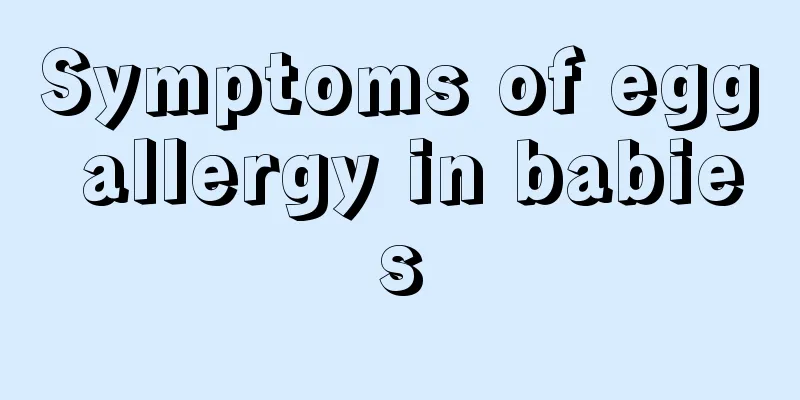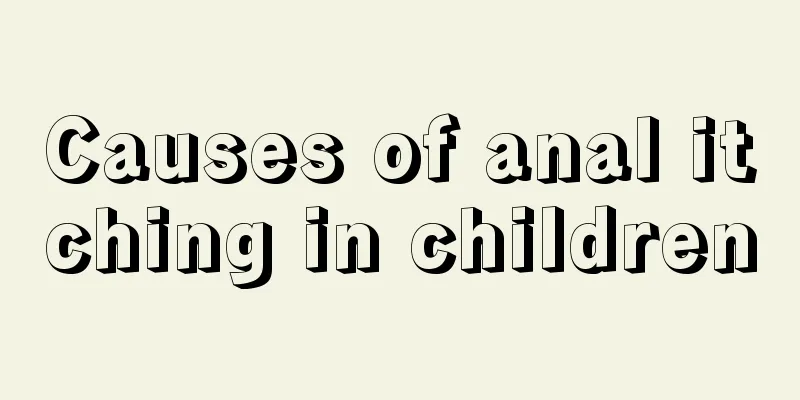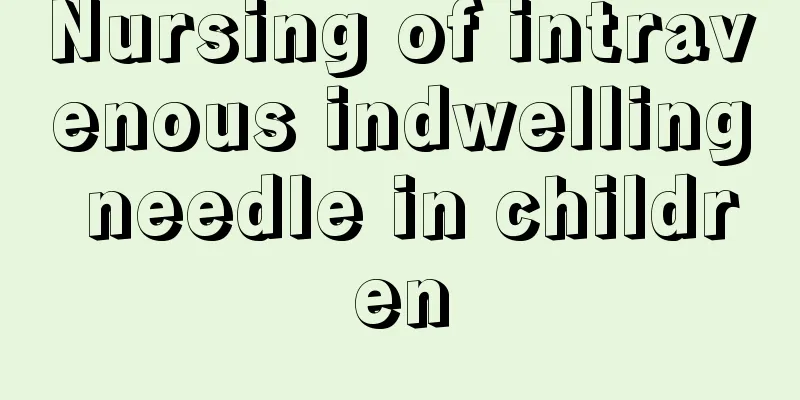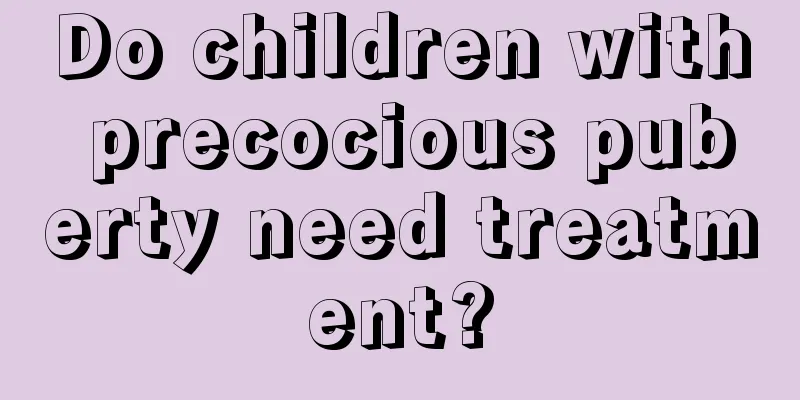Symptoms of egg allergy in babies

|
Eggs are a very good food because they are rich in comprehensive nutrients. However, for young babies, because their intestines are not fully developed, problems can easily occur when eating eggs. Because many babies will have allergies when they eat eggs for the first time. The cause of baby's allergy is most likely the egg white, but the egg yolk cannot be ignored. What are the symptoms of an egg allergy in babies? Symptoms of egg yolk allergy in babies After babies start eating complementary foods, many parents like to add egg yolks to their baby's complementary foods. From a nutritional point of view, this is understandable, but egg yolks are not suitable for all babies. If used improperly, they may cause allergic reactions in babies. It is difficult for parents to discover when their baby first develops an allergy to egg yolk, which leads to more serious problems. So what symptoms will appear if your baby is allergic to egg yolk? After a baby is allergic to egg yolk, red spots will appear on his body. Some babies will have diarrhea, and some babies will have redness at the corners of their mouths. After stopping adding egg yolk, the allergic symptoms of some babies will be alleviated, but babies with severe allergies are likely to have symptoms of difficulty breathing and may be in danger of life. At this time, the baby must be taken to the hospital for treatment immediately. If your baby is allergic, you should try to avoid feeding him foods containing large molecular proteins such as eggs and milk. In addition to allergies, eating this type of food can also cause a variety of gastrointestinal symptoms in babies, such as indigestion, diarrhea, etc. After adding complementary foods to your baby, if it is the first time to eat egg yolk, you should first let the baby eat only 1/4. After observing for 2 to 3 days, if the baby does not have any allergic symptoms, then increase the amount of egg yolk added. What to do if your baby is allergic to egg yolk Compared with egg white, egg yolk is less likely to cause allergies in babies, unless the baby himself has an allergic constitution. But my baby has an allergic constitution and eating egg yolks causes allergies. What should I do? When parents discover that their baby is allergic to egg yolks, they must stop adding egg yolks to the baby's diet and prohibit the baby from eating any food containing egg ingredients. If the baby's allergic symptoms are very serious, the baby must be taken to the hospital for treatment immediately. Egg yolks must be added to baby's complementary food after the baby is six months old. If an allergic reaction occurs, the baby must be stopped immediately and appropriate measures must be taken. The allergic reaction that babies produce after eating food varies from person to person. Some people react quickly and suffer anaphylactic shock, which leads to difficulty breathing. This allergic reaction is very dangerous and the baby must be given first aid immediately. Some children react more slowly, with red papules on the skin, eye swelling, itchy eyelids, etc. In this case, it is necessary to give the baby an appropriate amount of anti-allergic drugs under the guidance of a doctor. If your baby shows allergic symptoms, do not use medication without permission. You must go to a regular hospital and use medication under the guidance of a professional doctor. Why do babies have egg yolk allergies? Because eggs are rich in nutrients and the main nutrients are concentrated in the yolk, egg yolk is the food that parents add the most when making complementary foods for their babies. For many babies, after eating rice noodles, the first ingredient that parents add is egg yolk. This is not only because egg yolk is rich in nutrients, but also because it is easy to digest and absorb. But why do some babies become allergic to egg yolks? Egg yolk allergy is the same as other allergies to physical objects, which are all allergic reactions of the immune system. After the baby eats egg yolk, the body produces antibodies against the egg yolk. The immune system in the body regards certain substances in the egg yolk as dangerous substances and will produce antibodies, namely immunoglobulin E, to resist the egg yolk. At the same time as the antibodies are produced, a chemical called histamine is released. This substance can affect the baby's respiratory system, gastrointestinal system, and cardiovascular system, so it causes allergies in the baby. During infancy, babies are most likely to suffer from egg yolk allergy. As the baby grows, the immune system gradually matures and the gastrointestinal function also greatly improves. After the baby is five years old, this allergic reaction will naturally stop. |
<<: How to treat drooling in children
>>: Symptoms of baby choking on trachea
Recommend
What to do if your newborn baby's palms sweat?
In life, many mothers have reported that their ba...
Why is the 4-year-old child's nose always blocked?
If a four-year-old baby has a stuffy nose, it may...
What are the dangers of intravenous infusion in children?
For many diseases of the body, people generally c...
Ten-month-old baby has developmental delay
We all know that what mothers are most concerned ...
What should I do if my child is prone to skin allergies?
Allergy is a disease in medicine, and it is a dis...
Symptoms of mental illness in children
When children are growing up, parents need to clo...
Is it dangerous to slap a child in the face?
Many parents have the experience of slapping thei...
How to supplement calcium for children
Calcium is one of the more important trace elemen...
Why is the child's stool green?
By observing the color of the baby's stool, w...
Why does the baby's stool smell like rotten eggs and has a lot of farts?
Parents attach great importance to the health of ...
What are the reasons why children sweat a lot when sleeping? Don’t ignore these
Children's metabolism is much faster than tha...
6 months premature
Although premature birth is an abnormal birth phe...
What to do if the baby girl is red and swollen below
Many parents believe that children do not need vu...
What are the sequelae of meningitis in children?
Meningitis is relatively common among children, m...
How should tooth decay in a two-year-old baby be treated?
Many children will have the problem of biting the...









